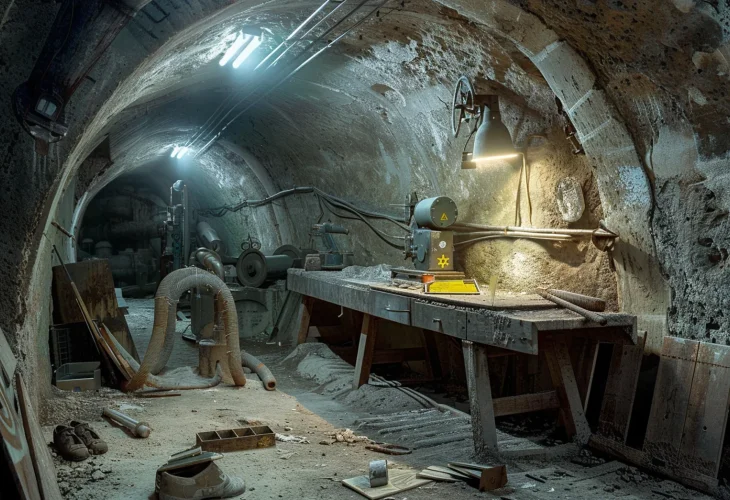History and Archaeology
The Untold Stories Behind Iconic Brands: Profiting from Dark Histories
How some of today’s most famous companies built fortunes on Jewish suffering during the Holocaust

Ever shown off a new pair of Adidas sneakers? Or maybe some Pumas? The history behind these brands might make you think differently.
In 1925, brothers Adolf (Adi) and Rudolf (Rudi) Dassler founded the Dassler Brothers Shoe Company in Germany. Their sports shoes became famous during the Olympics when top runners wore them. But when Hitler came to power, both brothers joined the Nazi party. They began producing shoes for the Nazi military, with Adi supplying boots to the Wehrmacht.
The brothers’ relationship soured during the war. One was captured by the Americans and suspected of being an SS operative and he believed his own brother had betrayed him to take control of their business. After the war, their feud split the company in two: Adi created Adidas, and Rudi launched Puma. Both brands would grow into global sportswear giants, but part of their success came from their wartime collaboration with the Nazi regime.
They were not alone. Many other German companies also gained wealth through the use of Jewish forced labor during the Holocaust. Major automakers including Volkswagen, Daimler-Benz (Mercedes-Benz), BMW, MAN buses, Deutz, DKW (later Audi), Opel, and even Ford’s German division, acknowledged they had used forced labor. Historians have even suggested that Allied bombers often avoided factories with joint American-German ownership.
Other well-known companies such as Siemens, Agfa, Bosch, and AEG also used Jewish forced labor. While some executives faced trial at Nuremberg after the war, most received light or symbolic punishments, and many were declared not guilty.
It wasn’t until 1999, more than fifty years after the Holocaust that Germany began compensating the hundreds of thousands of people exploited under such conditions.
David Greenstein, chairman of the Forced Laborers Association in Israel, described his time at a Volkswagen plant. He recalled working under the barrel of a submachine gun and narrowly surviving when a Nazi supervisor fired at his head, missing and hitting a tire instead. At the time, about 80 percent of Volkswagen’s wartime workforce was Jewish, producing thousands of vehicles for the German army.
The working conditions were brutal. Many factories were hidden underground in old tunnels and mines, with no fresh air, natural light, or proper food. Workers labored for hours in suffocating conditions. Life expectancy was short, and in Nazi records, a Jewish forced laborer was valued at only 1,600 Reichsmarks which was about the cost of a machine part.
Deutsche Bank also played a central role in Nazi crimes. It sold gold and other assets looted from Jews sent to concentration and extermination camps, laundering about 744 kilograms (over 1,600 pounds) of stolen gold. The bank was tied to 363 separate cases of Jewish property confiscation by 1938, provided financial services to the Gestapo, and even funded the construction of Auschwitz and the nearby IG Farben chemical plants. At IG Farben, 35,000 prisoners were forced to work, and 25,000 died before the war’s end.
Luxury fashion brands also had dark wartime ties. Coco Chanel, founder of Chanel, was married to a Nazi and took the opportunity to remove her Jewish business partners while openly supporting Hitler. Hugo Boss joined the Nazi party and designed and manufactured the uniforms worn by Nazi generals.
Today, some people choose to avoid these brands entirely, seeing them as companies that built fortunes on what survivors called “murder and robbery.” Others feel it is difficult to avoid them completely, but at the very least, the history should be remembered and never forgotten.

